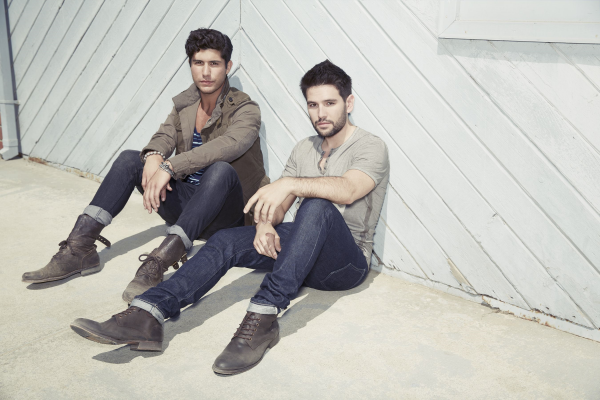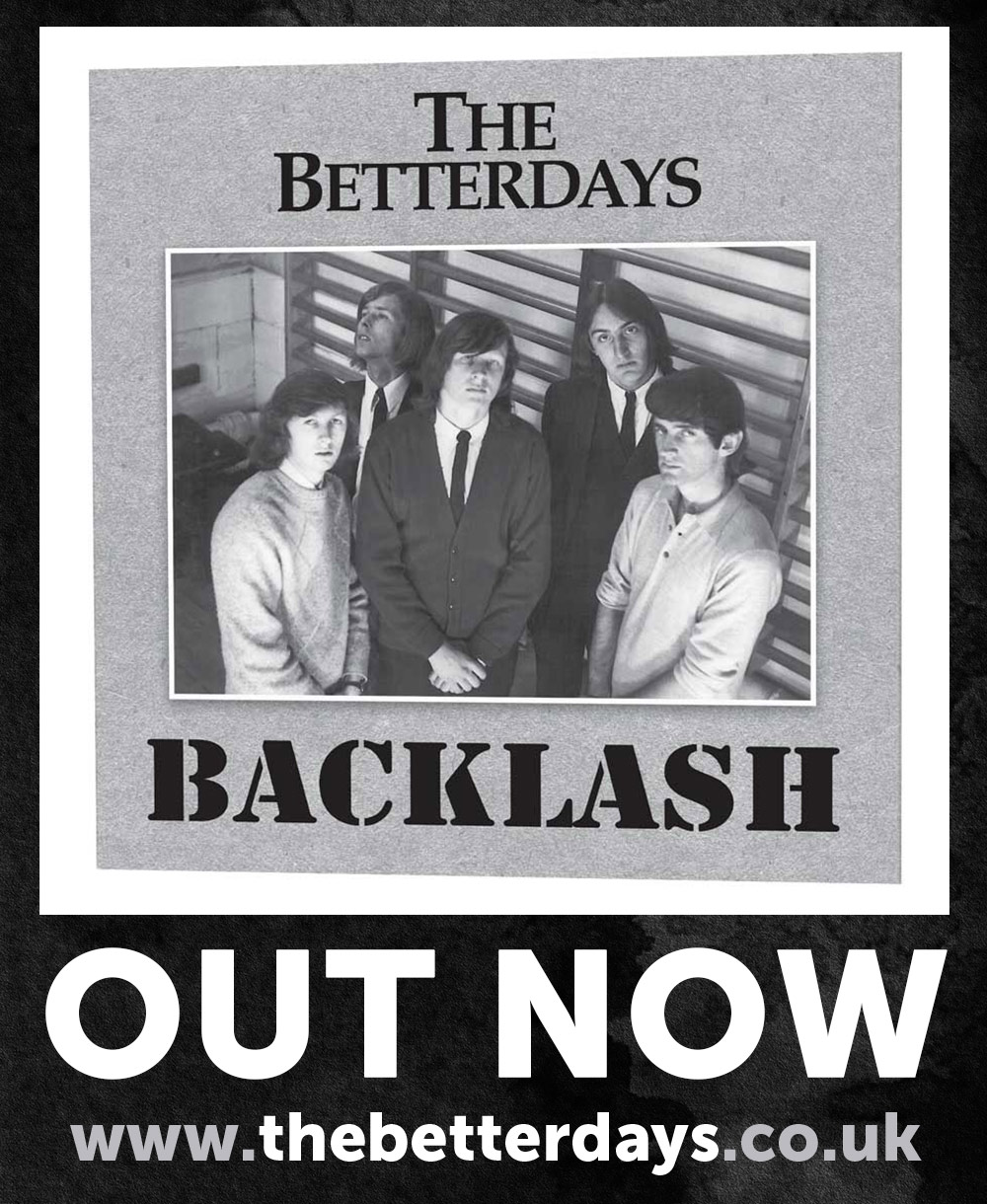The straight-talking monthly column on all things country, Americana, roots and acoustic…
Several quite unrelated incidents over the past few weeks prompted me to write these few words. The basic premise of my thoughts revolved around greed and disparity, and how it affects my great love of music.
I have spent most of my life ‘promoting’ music in one way or another – whether it be persuading friends that a particular favourite singer deserves to be heard by them, introducing an under-appreciated performer to as many people as possible or even going out there, taking the financial risk and actually putting gigs on myself, to help deserving artists to reach new and bigger audiences.
Trying to promote music at the level that I used to do, has become more and more difficult because of the greed of the big stars and the huge promoting conglomerates involved at the upper-level of the game.

A couple of weeks ago, there was much activity within my Facebook community regarding the announcement of Shania Twain’s September 2018 UK concert tour. Much of it was all about the high ticket prices for an artist many felt was somewhat out-of-the-limelight and maybe not that big a draw.
As it transpires, some ten months before the tour starts, many of the concerts have already sold out. Leading to second nights being added to both the Dublin and London Arena shows.
Delighted…
I am obviously delighted for both Shania and the promoters, because whenever you promote a music gig, whether it be in the back room of a pub or in a huge stadium, you are taking something of a gamble.
By announcing these shows up to a year – and sometimes more – in advance, the promoters are not only reducing their risk considerably, they are also earning thousands of pounds in interest, at the expense of those passionate Shania Twain fans who have gladly parted with their hard-earned cash. More than that though, is the trickle-down effect that this has on the fragile UK gig scene.
At one time, back in the far distant mists of times, the fee a promoter paid a major star was roughly four or five times what would be paid to a lesser-known artist. And that made the climb up the ladder of success fairly attainable for a performer with talent, drive and more than a little slice of luck.
Over the past twenty or thirty years, entertainment has become a major growth industry. A lot more people have expendable income, they go out to concerts more regularly and a growing percentage of the big star names charge exorbitant ticket prices and the public coughs up.
Because dedicated music fans are expected to pay such high ticket prices, they don’t have the spare money to go and see the lesser-known names down the pecking order. Most, if given the choice between say £85 for a Shania Twain concert or £10-£20 to see, say Sarah Darling, Gretchen Peters, Raintown, Brandy Clark or Dan & Shay over maybe a five-week period, will plump for the Shania concert and those other five gigs will suffer accordingly.

Because those lesser-known names attract fairly small audiences, their earning power is probably just a few hundred pounds a gig, whereas Shania – and other big names – can probably walk away from a show at somewhere like London’s O2 Arena, with more than one hundred thousand pounds. Is it fair that Shania’s earning power should be almost 1,000 times as great as those lesser-known names you might ask yourself?
Huge fortunes…
For many years, the major country superstars – Tim McGraw, Faith Hill, Miranda Lambert, Reba McEntire – couldn’t be tempted to come to the UK to tour. They would argue that to come over to the UK meant a loss of potential earnings that they could make if they’d stayed in the US touring, where they regularly played huge arenas and even stadiums.
But surely the same applied to the lesser-known names like Rodney Crowell, Eve Selis, Nanci Griffith and even veteran singers like Willie Nelson, who came over here on a regular basis. They were prepared to take the risk and perform for their dedicated fans in the UK and in most cases, they didn’t have the huge fortunes to fall back on that the big names like Alan Jackson, Faith Hill and George Strait do.
Following the huge success of C2C (Country to Country) over the past five years, the market has opened up for these big names to earn the same kind of money they are used to back home. Many have wasted little time in capitalising on it, and not only have they sold out large theatres and arenas, but also added to their earnings by charging their dedicated fans for pre-show and after-show ‘Meet-and-Greets’ so as to add even more to their bulging coffers.
This is many light years away from the days when performers really appreciated their fans and would stand at a theatre’s stage door, sometimes for an hour after a show, signing autographs and not thinking of charging anything extra.
The other big news story from a few weeks back, was all about the huge salaries that are paid to many high-profile BBC personalities. This was first raised some six years ago when the government announced plans to cut the subsidies given to the BBC.
We were assured at the time that the BBC would reduce these obscene salaries with a more transparent organisation. Low and behold, we discover that little has changed, if anything the situation has worsened. The revelations that female staff were being unfairly discriminated against when it came to pay, only made matters worse.
Again, within the BBC, the high salaries didn’t trickle down the line, so there are many employees on quite low pay scales. In addition, budding media students were being increasingly taken on for unpaid work experience.
Wot – no country shows on local radio?
Over the past few years, the BBC has been forced to cut back on many of its services. This has seen a huge reduction in local BBC radio programming which has adversely affected all styles of music. For years, most local BBC radio stations had programmes dedicated to different genres of music – jazz, folk, country, etc. Virtually all of these specialised music shows have disappeared off the airwaves, to be replaced by a single nationwide evening chat and general music programme.
If the BBC had not succumbed to the high salaries demanded by a small, but growing number, of high profile actors and personalities, then many of these programme cuts would not have been necessary and struggling lesser-known singers and performers would not have lost a very useful and much needed platform for their music.
This doesn’t just apply to the BBC, it is right across the media from newspapers and magazines through to film, record labels and commercial radio and TV companies. The high salaries paid to a small, but growing minority of people at the top of any profession is unfairly being taken out of the pockets of those people near the middle or bottom of the ladder. People that more often than not, contribute much more than the overpaid high-profile fat-cats.
Sadly, I don’t really have the answer to this immoral and obscene situation. You can’t blame those Shania Twain fans parting with their money, but maybe we can ask stars like Shania and all the others to stop and reconsider; and either support those people further down the ladder, or to start working for a more reasonable fee.
It’s unlikely to happen, but if this disparity in earning in the music business continues unchecked, then I really do fear for those starting out without the financial clout to climb the ladder to the top.
By Alan Cackett
Photos: Shania Twain, Dan & Shay, Brandy Clark





